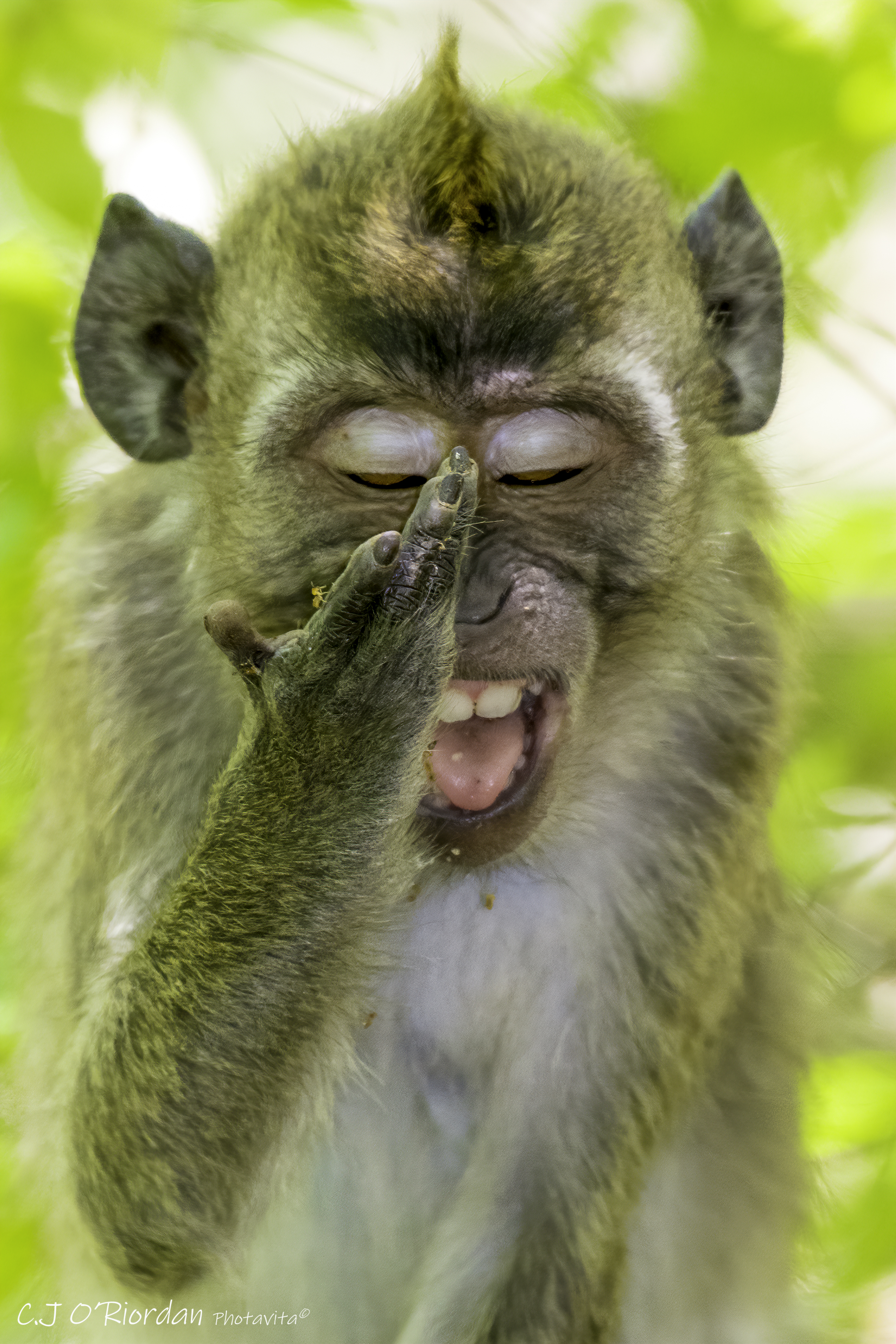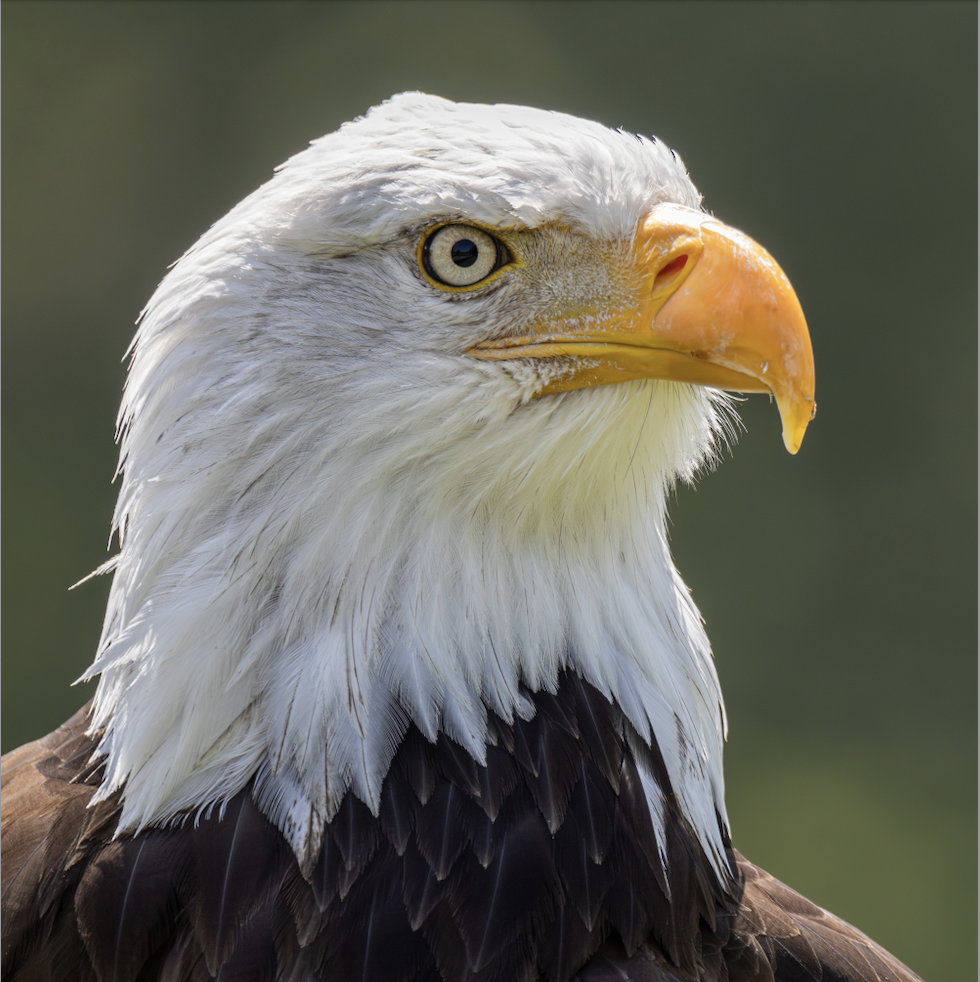Male Eurasian Chaffinch (Fringilla coelebs)
Rutland Nature Reserve, November 2019.
Nikon D7200, Nikon 200-500mm f/5.6
f6.3, 1/40s, ISO 500, 380mm
Chaffinches are one of the most common UK small birds, but ones that don’t visit my garden. So, I am always happy to have a chance to see them when I’m out and about and will always try and take a shot if an opportunity presents itself.
This one was a tricky task as sunset in mid-November in this part of the UK is 4:15pm, and it was already 4:30pm when I found the birds.
There was still a trickle of light left in the sky, cutting through the dense but almost bare trees as the birds prepared to roost.
I quickly realised I could either push the ISO to a point where the noise would really spoil the shot or attempt to shoot at a shutter speed well below the recommended 1/focal length for a long lense and ruin it with camera shake instead.
I shortened the lens to 380mm, braced myself against a tree as firmly as I could and wound the shutter speed down, watching the exposure needle creep towards the middle of the scale. Click…click…two shots and he was gone.
I looked at the exif data on the camera and saw 1/40s. I thought, that’s probably the slowest shutter speed I have ever shot with this lens. And it was, until 10 seconds later when I got a lovely shot of a Dunnock at 1/30s.
You’ve gotta love image stabilisation!


There are many habitat restoration projects where I live. You can visit hundreds of hectares of fens and woodland within a few K’s of my home, and many more are created each year. It’s not all doom. I was a birdwatcher for decades before I picked up a camera to photograph wildlife. It was a way to remember some of the beautiful things I had seen, photography for me doesn’t replace the bird watching, it’s an addendum.